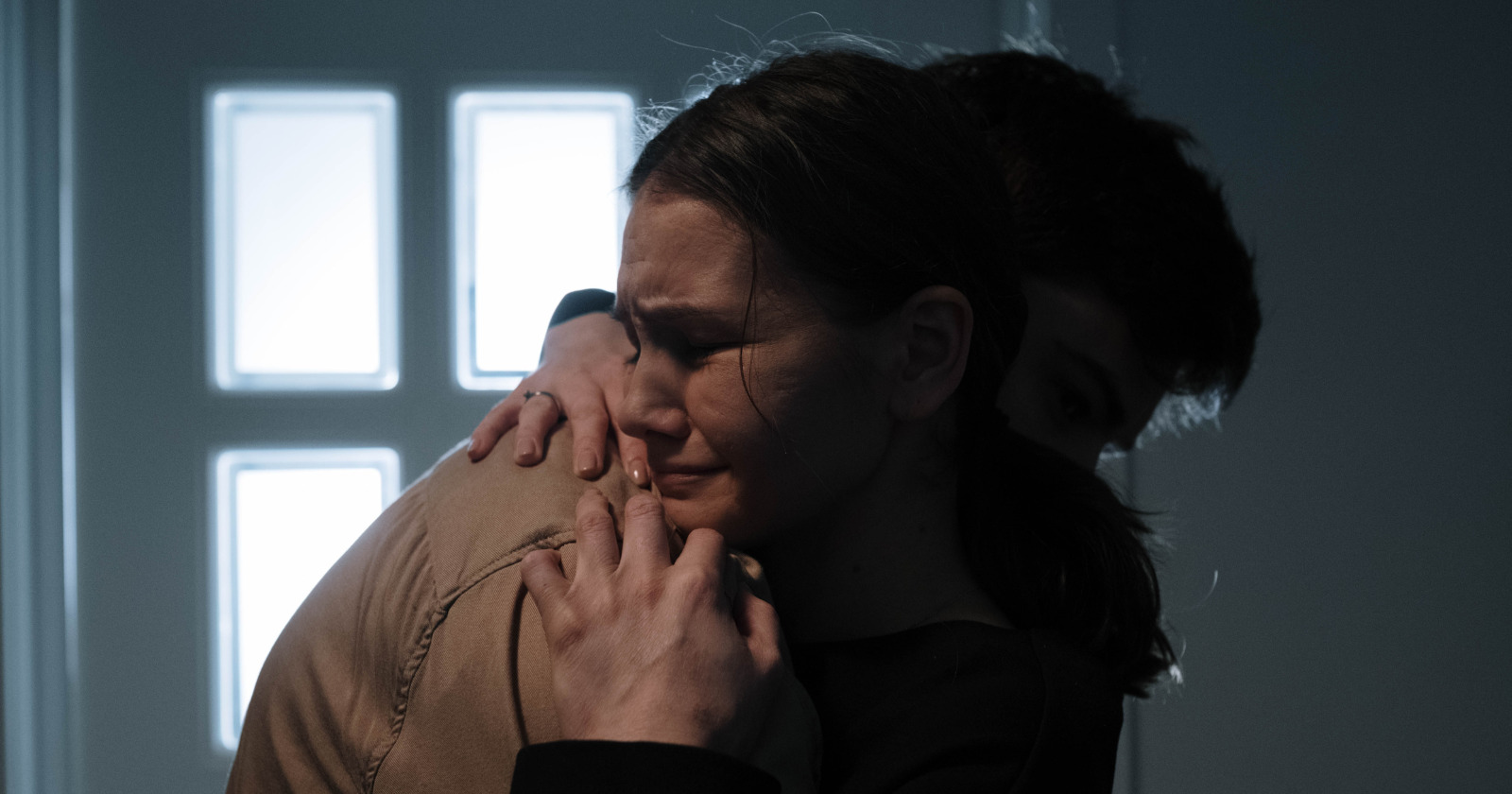We all carry our past into our relationships, whether we realize it or not.
But for a woman who’s been deeply hurt before, this can show up in subtle ways—small behaviors that hint at the walls she’s built to protect herself.
She may not even be aware of these patterns, but they shape the way she loves, trusts, and connects with others.
If you recognize them, it’s not about judging or fixing her—it’s about understanding where she’s coming from.
Here are seven quiet but telling behaviors that reveal a woman has been hurt in the past—and what they say about her journey toward healing and trust:
1) She struggles to accept compliments
It seems like a small thing, but watch how she reacts when someone gives her a genuine compliment.
Does she brush it off? Laugh awkwardly? Shift the attention elsewhere?
For a woman who’s been deeply hurt in the past, praise can feel uncomfortable—almost suspicious.
She may have been in relationships where compliments came with strings attached or where kind words were followed by betrayal.
Instead of accepting them at face value, she downplays them or dismisses them entirely.
It’s not that she doesn’t appreciate kind words—it’s that part of her still struggles to believe them.
2) She apologizes even when she hasn’t done anything wrong
I once dated someone who would say “sorry” for the smallest things—things that didn’t even require an apology.
If I was having a bad day, she’d apologize; if we were deciding where to eat and I picked a place she didn’t love, she’d apologize for not wanting the same thing.
At first, I didn’t think much of it. But over time, I realized it wasn’t just a habit—it was a defense mechanism.
She had been in relationships where expressing her own needs or opinions led to conflict or rejection.
Somewhere along the way, she learned that saying “sorry” was safer than taking up space.
A woman who constantly apologizes isn’t just being polite—she’s trying to avoid upsetting anyone, even when she has every right to stand her ground.
3) She hesitates before opening up
Trust isn’t something she gives away easily. Even in a safe, loving relationship, she might hold back, measuring her words carefully before sharing anything too personal.
This isn’t because she doesn’t want to connect—it’s because, in the past, vulnerability came with consequences.
People she trusted may have used her words against her, dismissed her feelings, or walked away when she finally let them in.
Psychologists have found that emotional wounds from past relationships can activate the same parts of the brain as physical pain.
So, for her, opening up isn’t just about telling a story—it’s about reliving the emotions that came with it. And that takes time.
4) She overanalyzes small changes in your behavior

If you take a little longer to reply to a message or seem quieter than usual, she notices.
Sometimes, she assumes the worst.
This isn’t because she wants to create problems—it’s because she’s been blindsided before.
She’s learned that people don’t always say what they mean, and that affection can disappear without warning.
Now, her mind fills in the blanks, trying to predict what might go wrong before it happens.
Reassurance goes a long way with someone like this.
Not because she’s insecure, but because her past has taught her to be prepared for disappointment—even when there’s no reason to be.
5) She pushes people away when she needs them most
When things get hard, she doesn’t always ask for help.
In fact, she might do the opposite—pulling away, creating distance, acting like she’s fine when she’s not.
It’s not that she doesn’t want support.
It’s that, at some point, she learned that relying on others can be dangerous.
Maybe the people she counted on let her down; maybe opening up in the past only led to more pain.
Instead of risking that again, she convinces herself she’s better off handling things alone.
But deep down, she hopes someone will notice.
Someone who won’t leave when she tries to push them away; someone who will remind her that needing others doesn’t make her weak.
6) She downplays her own feelings
If something upsets her, she might say, “It’s not a big deal” or “I’m probably just overreacting.”
Even when she’s clearly hurt, she minimizes it—sometimes to others, but especially to herself.
This usually comes from a past where her feelings weren’t validated.
Maybe she was told she was “too sensitive” or that her emotions were a burden.
Over time, she learned to suppress them rather than risk being seen as difficult or needy.
But feelings don’t just disappear.
They build up, waiting for a safe place to be acknowledged.
And until she feels truly secure, she’ll keep pretending they don’t matter as much as they really do.
7) She loves deeply but fears it won’t be enough
When she cares, she cares with everything she has.
She gives, supports, and loves in a way that feels limitless.
But no matter how much she offers, there’s a quiet fear lingering in the background—that one day, it still won’t be enough to make someone stay.
This fear doesn’t come from a lack of love; it comes from experience.
From times when she gave her whole heart, only to watch someone walk away anyway.
So now, even in the happiest moments, a small part of her wonders how long it will last.
She doesn’t need grand gestures or endless reassurance; she just needs consistency—proof that love doesn’t always end in heartbreak.
Healing doesn’t always look the way you expect
Pain has a way of leaving traces, shaping the way someone moves through the world—even in ways they don’t realize.
For someone who has been hurt before, this can mean seeing danger where there is none or guarding themselves even when they long to feel safe.
But healing isn’t always loud or obvious.
Sometimes, it looks like learning to accept a compliment without deflecting.
Saying “thank you” instead of “sorry,” or letting someone in, even when every instinct says to pull away.
Sometimes, healing is simply having someone who understands—someone who sees the quiet ways pain lingers and chooses to stay anyway.









